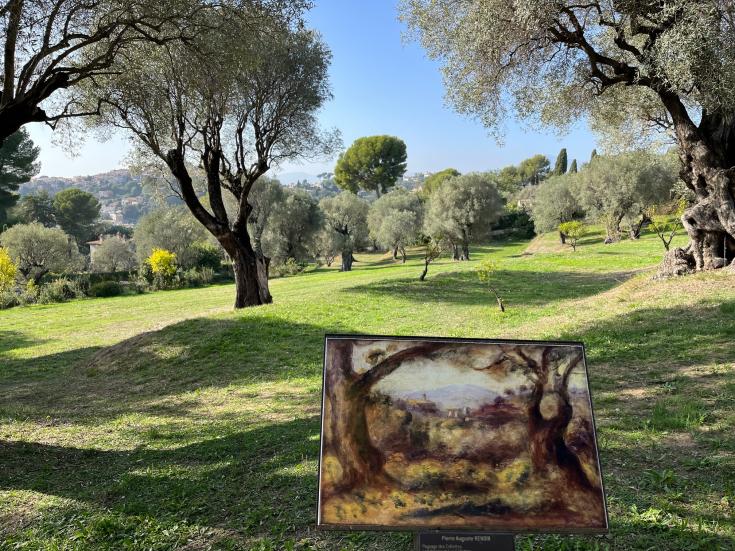Pilot actions: Inspiring policy change

On November 3rd 2022, the Interreg Europe Policy Learning Platform held an online webinar on ‘Pilot actions: Inspiring policy change’, the third and final episode in a Circular Routes and Itineraries series.
The webinar explored two pilot actions on water-linked heritage developed in the WaVe project. Three good practices were presented, which provided inspiration for the development of the pilot actions.
Webinar recording
You can watch the recording and access the presentations below.
Webinar agenda
Concept creation and moderation by Astrid Severin and Magda Michaliková, Thematic Experts of Resource and environment efficiency.
- Introduction to the topic by Astrid Severin
- Presentation by Etienne Rodzinka-Verhelle, Policy Officer of Environment and resource efficiency at Interreg Europe on the latest insights
- Presentation by Miguel Mejuto from the Provincial Council of Alicante, Spain, on Blue routes: Alicante’s Hydrogeological Heritage
-
Presentation by Marc Berends from the Municipality of Breda, the Netherlands, on Development in dialogue
-
Presentation by Søren Bitsch Christensen from the Municipality of Aarhus, Denmark, on The uncovering of the river Aarhus
-
Presentation by Stefania Gambi from the Municipality of Ravenna on an Immersive Tour of Ravenna's water-linked heritage
-
Presentation by Péter Nagy from the Ister-Granum region on Water-related heritage valorisation through storytelling
- The Blue Routes cultural route exploring hydrogeological heritage in Alicante aims to educate visitors about cultural water linked-heritage, increase the perception of the value of groundwater and foster its protection, and show how this natural and cultural heritage is key to mitigate climate change impacts. This interesting route has various guides, information panels, a dedicated website and a mobile app, as well as guided tours. Successful among visitors, there are already over 115,000 visits to the web page and more than 5,000 copies of the guide distributed to this day.
- “Development in dialogue” is part of Breda’s heritage policy, which presents an innovative way of dealing with heritage in modern times. The instrument was used in a redevelopment of an old cinema building. The developer understood the possibilities to valorise the cultural heritage and the decision to not list the building by the heritage advisors opened new opportunities and smoothened the process. The reuse of the building structure made the project more sustainable, and the building was listed after the redevelopment. The policy shows the importance of stakeholder engagement and their access to heritage, as well as the importance of dialogue among the relevant parties.
- In 1989, the city of Aarhus decided to uncover the river Aarhus that has been covered fifty years before. Uncovering the river brings back the water-related heritage, provides the blue and green infrastructure in the city, is a place for recreation and enables modern solutions to water management.
- The Ister Granum region developed a pilot action to valorise water-related heritage through storytelling. They created an inventory of all built heritage and water-related legends, stories, occupations, traditions, and events of 15 selected settlements, issued an online publication of those, created videos describing the most interesting legends and occupations and developed a blue route with five cultural routes. The pilot activities will be extended to all 82 settlements of the region developing a new integrated water-related heritage valorisation project completed with investment-type of activities to renovate the heritage sites.
- The municipality of Ravenna developed an immersive tour of its water-linked heritage, connecting natural, historical and urban heritage. The pilot project developed a digital tool to support storytelling, which will be exploited for tourism as well as educational, scientific and entrepreneurial purposes. The project includes the integration of drone mapping and 3D virtual rendering of the Classis Museum.
Panel discussion
The webinar closed with a lively panel discussion. The speakers highlighted several key takeaway points to the implementation of policy change:
- The importance of educating of visitors about interesting heritage in not so well know parts of the region
- Learning from other nations and other regions
- Co-creating with stakeholders and developing the project through dialogue with others
- The importance of aligning expectations with stakeholders and managing authorities
- Exchanging good practices with others helps to reflect on what is already available locally
- Testing on the ground some good ideas spotted in other regions
